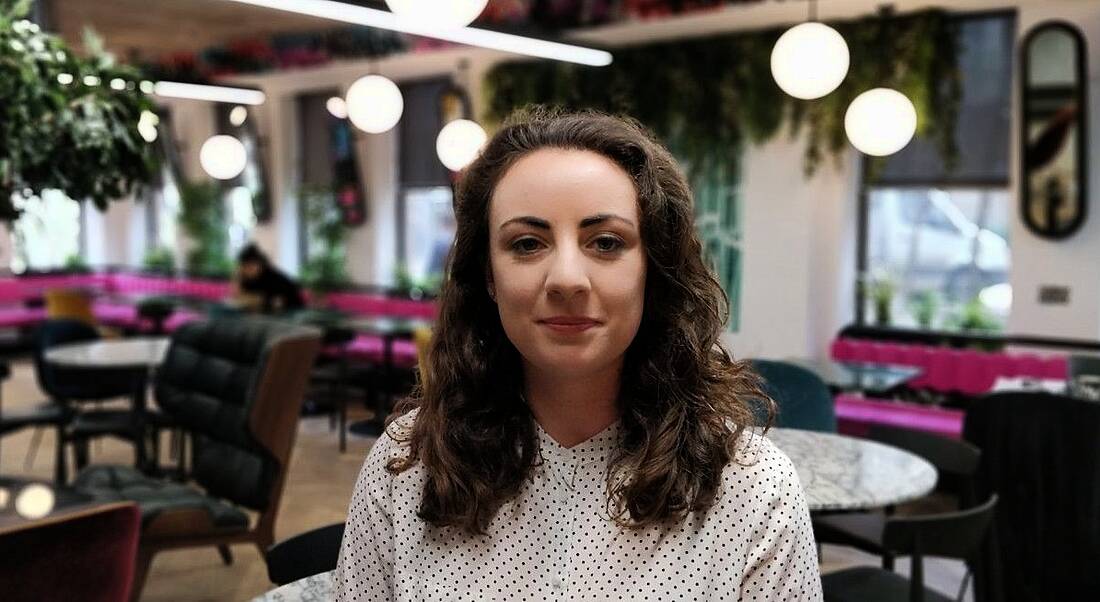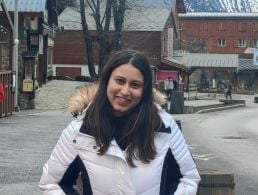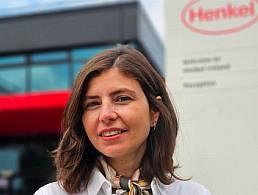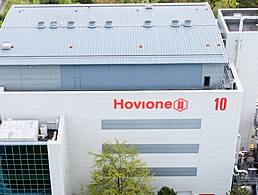We chatted to Anna Kirwan, a life sciences consultant at EY, about how her work helps promising Irish researchers to access vital R&D funding.
The life sciences field is incredibly competitive globally. While Brexit has presented Ireland with some unique opportunities, it is nevertheless an industry that can be difficult to thrive in if the right conditions aren’t met.
Getting funding at the right time can be the difference between a breakthrough and a breakdown in research and development (R&D). In Anna Kirwan’s role as a life sciences consultant in R&D tax services, she helps companies to determine what funding best suits their needs and to access publicly available grants, bursaries and other funding bodies so that they may continue their sterling work.
We chatted to Kirwan about how she got to where she is today and what she does, in the most accessible terms possible.
What is your role within EY?
Life sciences consultant in R&D tax services.
What education and/or other positions led you to the role you have now?
Prior to starting at EY, I undertook a four-year PhD in University College Dublin (UCD) with Food for Health Ireland (FHI), which is an academic/industry-led research collaboration set up to investigate the health benefits of food.
My research identified anti-inflammatory proteins from milk that may be incorporated into the diet and potentially have a protective effect against inflammatory diseases.
More specifically, we investigated the effect of these proteins on the development of insulin resistance and type 2 diabetes in overweight or obese subjects. I really enjoyed my time in UCD and got to work with many incredible people.
What first stirred your interest in this job?
During my PhD, I had the unique opportunity to work alongside many Irish companies, from established agri-food businesses to novel start-ups. This gave me great experience and insight into what was happening with research outside of academia and stirred my interest in the industrial and business side of science.
I knew I would work well in a position with a lot of people interaction, but I also wanted to continue using the technical writing skills and knowledge I had gained from my time doing research. A friend sent on the job description for this role in EY and it fit the bill, so I applied and haven’t looked back since.
When you first started work as a researcher, what were you most surprised to learn was important in the role?
I learned how important it is to be able to recognise and accept what you don’t know or can’t do. It is impossible to do everything; however, each individual has their own unique knowledge and set of skills.
This is particularly relevant in science where multidisciplinary teams of specialists working together is common. However, it is just as important with small teams in a business environment.
Can you tell us about your current role?
My role as a life sciences consultant involves assisting Irish companies in claiming supports that are available from Irish Revenue to encourage research and innovation.
Companies can claim tax relief through the R&D tax credit regime on qualifying R&D expenditure. The Knowledge Development Box (KDB) is another incentive available for qualifying intellectual property assets such as patented inventions and copyrighted software.
Grant funding is also available from organisations such as Enterprise Ireland and the IDA for both small and medium enterprises (SMEs) and large companies.
My role involves assisting clients in applying for these supports, helping determine which incentive is the most suitable for each company, assisting with technical report preparation for Irish Revenue and supporting companies in applying for grant funding.
I have worked with companies across a range of industry sectors including life sciences, food and health, agriculture, pharmaceutical, and technology.
If there is such a thing, can you describe a typical day for you?
Each day with the R&D tax team in EY is different. I could be doing anything from reviewing technical reports to structuring proposals for new projects to helping to develop our grant support services.
I get to visit client sites all over Ireland, meeting scientists or technical teams and carrying out structured interviews to learn about their research.
I have also attended a number of R&D-related events and conferences. For example, I recently attended the opening of EY’s Entrepreneurship and Innovation Hub in UCD, a really exciting concept to encourage learning and innovation in students.
What skills and tools do you use on a daily basis?
A strong background in science or technology is necessary to understand in sufficient detail the research being carried out by the scientific or technical teams. Alongside this, I think the ability to communicate information clearly is essential, not only with clients but also with co-workers and in our written reports and presentations.
Just as important is the skill of listening carefully to absorb the necessary details from the interviews – this is often difficult due to the vast amount of information given to us. Digital literacy has also become an essential skill in the modern workplace and it is important to be able to adapt to new technologies as they are created.
What do you enjoy most about the job?
I find the work fulfilling as we are helping to support a wide range of Irish companies to carry out impactful R&D, particularly when there is such fierce competition in the global market.
Moreover, I really enjoy learning about this research firsthand – some of the R&D is really thought-provoking and creative.
There is huge diversity in the companies that we work with, from food-based research to artificial technology to medical devices – every project that we work on is different.
Likewise, it’s really great to work with such an interesting mix of scientists, engineers, IT specialists, quantity surveyors and tax consultants, which make up the R&D tax team in EY.
Generally, I have found EY very supportive of each individual’s personal development. This is something that is quite important to me due to my anomalous career path compared to people who work in traditional business roles.




